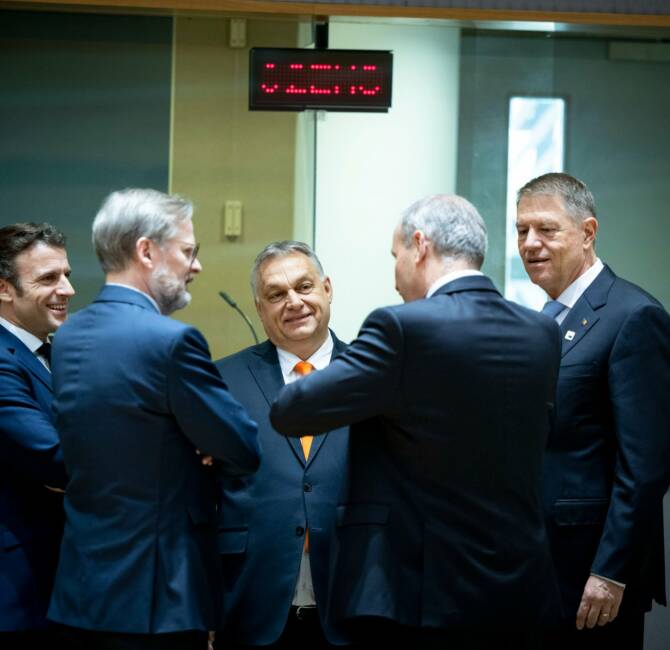Hungary/Poland – As The Times of Israel noted on 14 February, unlike other EU ambassadors, Zoltán Varga-Haszonits and Maciej Fałkowski, the ambassadors of Hungary and Poland respectively, chose not to boycott the ceremonies celebrating the 44th anniversary of the 1979 Islamic Revolution in Iran.
According to the Israeli newspaper, which referred to photos published by Mashreghnews, the two Central European ambassadors participated in an official ceremony on Thursday, 9 February in Tehran in the presence of Iranian President Ebrahim Raisi. Iran has been the scene of numerous protests since the death of a 22-year-old Kurdish woman on 16 September following her arrest for refusing to follow the Islamic dress code. 18 people have been sentenced to death so far for participating in the demonstrations. The Western media have also reported hundreds of deaths as a result of the government’s attempts to quell the protests.
France’s Lettres de Téhéran posted images of the two ambassadors at the ceremony on Twitter, explaining:
“Here is the Hungarian ambassador next to Raisi at yesterday’s ceremony and the Polish ambassador shaking hands with the Iranian foreign minister.
All other European diplomats boycotted the ceremony. […] Protesting Iranians had asked European diplomats via the hashtag #BoycottIRIDay not to participate in President Raisi’s annual ceremony for the anniversary of the Islamic Revolution today. The only ambassadors present were those of Poland and Hungary.”
This Hungarian-Polish breach of the EU’s diplomatic boycott was criticised by Hillel Neuer, the executive director of the NGO UN Watch, who said: “Poland and Hungary broke ranks with other EU countries in Tehran and sent ambassadors to an official reception with President Ebrahim Raisi to celebrate the 44th anniversary of the Iranian revolution.”
Hungary’s Foreign Minister Péter Szijjártó received Iran’s Foreign Minister in Budapest in late November, and the two countries have recently been strengthening their economic cooperation.




